News
Ultra-fast charging networks to challenge Tesla Superchargers
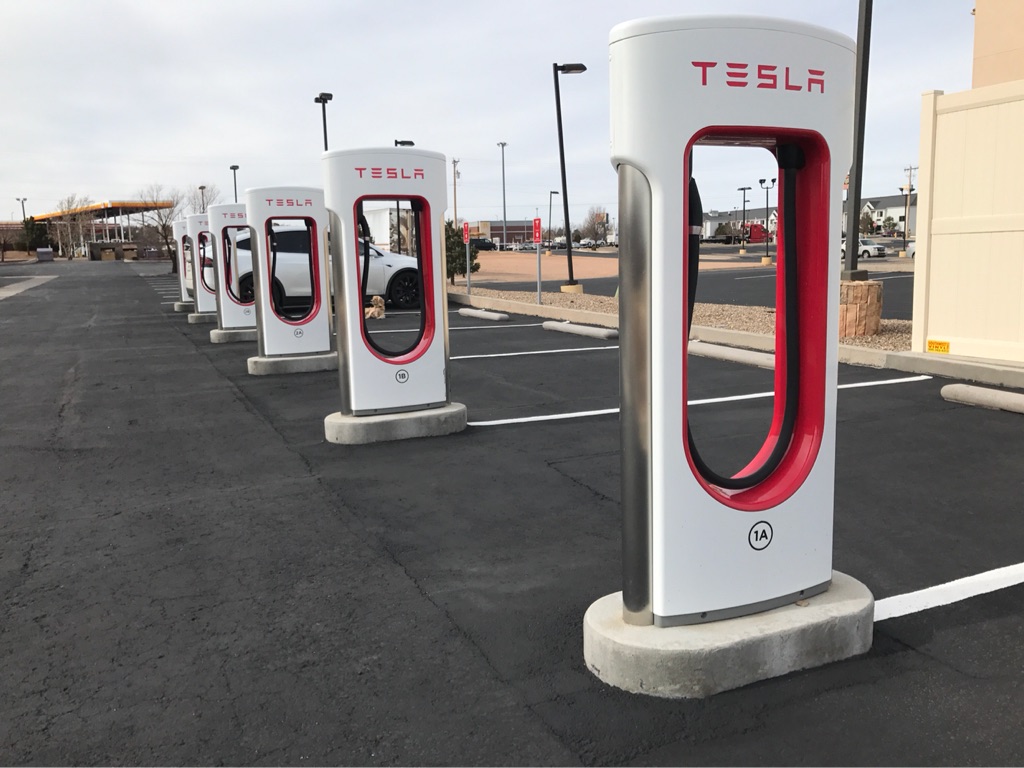
European automakers are about to make a major commitment to developing an ultra-fast charging network that can rival that of Tesla’s Supercharger network. Reuters reports that Daimler, BMW, Volkswagen and American automaker, Ford, plan to build 400 ultra-fast charging stations in Europe that will be capable of power levels triple that of Tesla’s existing fast-charging Supercharger stations.
Fast chargers in Europe
At the moment, there are more than 72,000 public chargers in Europe but only 5,800 of those are what the International Energy Agency calls “fast” chargers, which means they have 43 kW of power or more. By contrast, a Tesla Supercharger operates at between 120 and 135 kW.
While Tesla has been busy investing in the global expansion of its charging infrastructure, other major car companies have been waiting on the sidelines for private companies or governments to build the infrastructure needed to power their electric car models. Some allege this foot dragging is proof that mainstream car companies are really not all that interested in building electric cars in the first place.
Diesel cheating changes everything
The Volkswagen diesel cheating scandal that broke in September of 2015 changed that calculus, however. In the aftermath, it emerged that the only difference between Volkswagen and most other manufacturers was that it got caught. Cheating was rampant throughout the industry. Suddenly, the car companies had to face the fact that “clean diesel” technology was a false hope and that they needed another strategy to meet the looming European Union emissions standards.
Automakers respond
Volkswagen is seeking to dig itself out of the hole it dug for itself by repositioning itself as a maker of primarily electric cars. Now it is partnering with BMW, Mercedes Benz, and Ford to devise and construct a network of ultra-fast charging stations.
The goal is to install 350 kW charging stations throughout Europe, using the CCS charging standard. Each station is said to approximately €200,000 each. Interestingly, Tesla is also a member of the CCS consortium.
The car makers are partnering with experts from the European power and engineering industry. Germany companies Innogy, E.ON and Siemens are involved as well as Portugal’s Efacec. “This is a structured and concerted effort across sectors to tackle the infrastructure issue in a real way,” a source tells Reuters.
ChargePoint weighs in
At the recent CES 2017 show, ChargePoint unveiled its own vision of the future — Express Plus, a modular and scalable system of chargers with up to 400 kW of power. The ChargePoint system is built around one common component — a charging blade with 31 kW of power. Each charging station can have one or two blades installed. The chargers can network together to boost power to any unit in use or they can be linked to a Power Cube, a separate component containing 16 blades with a total of 496 kW of power.
Because it is scalable, the ChargePoint system can expand to provide more power for charging electric vehicles as demand increases. This could one day supply the needs of heavy duty electric buses and tractor trailers.
Elon hints of big things to come
As the market for electric cars grows, traditional car makers are going to find it easier to catch up with Tesla, said Graham Evans, automotive analyst at IHS Markit. “Tesla doesn’t really have anyone to answer to, they are independent,” he said. “(But) I think that further out the big (automakers) are in a better position to capitalize because of their more extensive resources.”
Navigant Research analyst Lisa Jerram said the number of players in the emerging EV fast charging market to build ultra-fast charging stations makes it difficult to call out a winner yet. “Development is underway on these chargers so there isn’t a leader at this point,” she notes.
Recently, Elon Musk scoffed at the suggestion that the charging network the European companies are working on will be a big deal. He tweeted that 350 kW of power was merely a “children’s toy,” hinting that Tesla has much bolder goals.
As usual, Tesla will likely remain 3 moves ahead of the industry.

News
Tesla contract with Baltimore paused after city ‘decided to go in a different direction’
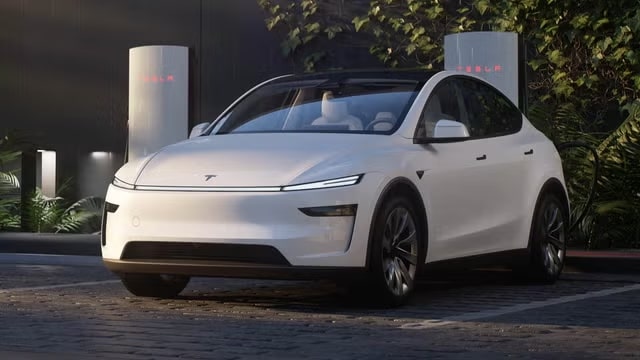
Last Summer, Tesla landed a $5 million contract with the City of Baltimore for a fleet of electric vehicles for the local government. However, Mayor Brandon Scott decided to pause that investment in September after the City “decided to go in a different direction.”
This is according to John Riggin, spokesman for the city’s Department of General Services. Riggin confirmed that the contract with Tesla has not been fulfilled, and Baltimore is going with other options for the time being:
“No Tesla units have been ordered, and none are in the City’s fleet.”
It now seems that the contract, which was set to be run until 2027, is not really a typical “contract” in the sense of the word. Riggin said the city is not obligated to spend the money for vehicles from Tesla, and that it is evaluating offerings from a variety of OEMs, including Ford and General Motors.
Tesla chosen over Ford for $5 million Baltimore City EV fleet
Riggin said the value of the contract is more of a ceiling and not necessarily an obligation to spend the committed amount in full.
The contract has not been canceled officially, but City Comptroller Bill Henry said to the Baltimore Sun that it has gone back to purchasing Mustang Mach-Es from Ford, the vehicle that was snubbed for Teslas back in July when things were initially decided.
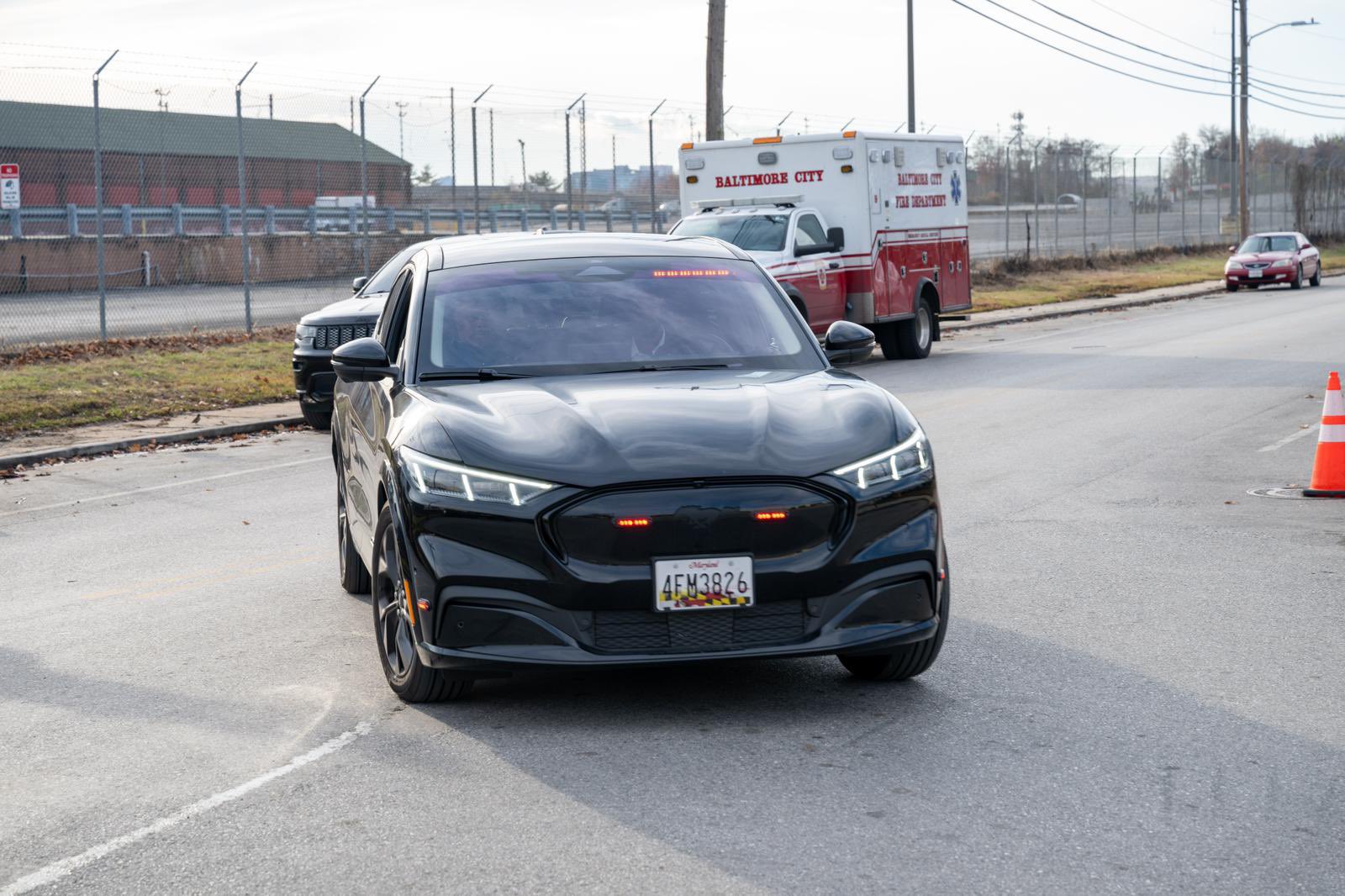
The timing of the pause is interesting, and it does not seem to have anything to do with CEO Elon Musk’s direct involvement with the Trump administration, although the EV maker’s frontman was already vocalizing his distaste for the Democratic White House run by the Biden Administration.
Baltimore has a citywide goal of achieving carbon neutrality by 2045, and has used EVs in its fleet for several years to reach that goal. It plans to electrify the city vehicle fleet by 2030.
News
Tesla at risk of 95% crash, claims billionaire hedge fund manager
Tesla stock has been extremely volatile as of late amidst souring sentiments over CEO Elon Musk’s political leanings.
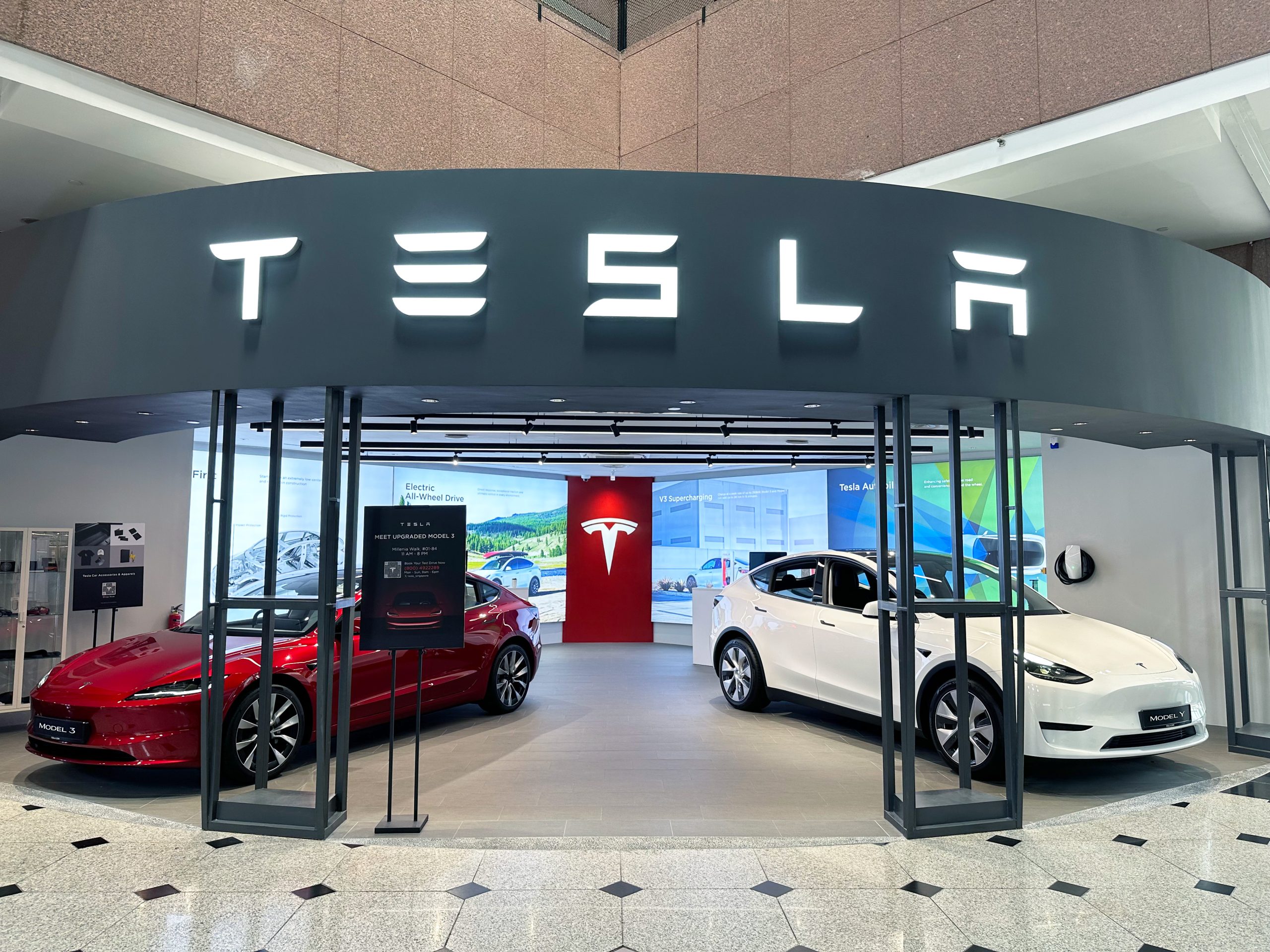
Christer Gardell, a Swedish billionaire and hedge fund manager, issued a stark warning about Tesla stock and what he believes are bubbles in the stock market. The billionaire’s insights about Tesla were shared during an interview with EFN.
Tesla stock has been extremely volatile as of late amidst controversies and souring sentiments over CEO Elon Musk’s increasingly political leanings.
Alleged Tesla (TSLA) risks
Gardell did not mince words about Tesla, stating that the electric vehicle maker’s valuation could drop as much as 95% due to the “circus” surrounding its CEO.
“Tesla, especially now with the whole Musk circus going on everywhere, is probably the most expensive stock on the global stock exchanges right now. It could go down 95% – and maybe it should go down 95%,” he said in the interview.
The Swedish billionaire sees Tesla as fundamentally a car company. Thus, he does not understand why the market has given the EV maker such a high value. For context, the Tesla story has been changing in recent years, with the company growing its energy business and delving into AI and robotics.
Gardell Slams “Eternal Bubble“
Gardell believes the EV maker has become a poster child of sorts of a market that has become speculative, where share prices do not reflect true valuations anymore, as noted in a CarUp report. The hedge fund manager noted that in Tesla’s case, this “eternal bubble” should have burst long ago.
“I have commented that it should have burst over the past five years, but it still hasn’t. The valuation is incomprehensible,” he explained. The hedge fund manager, however, noted that once the crash happens, the decline would be dramatic.
“It’s always hard to say when. It could happen in a month, six months, a year, three years, or five years – it’s impossible to answer. Because there’s so much money dominating the stock market now, and they don’t care about the value of the shares, they speculate on price movements,” he said.
U.S. Stocks Overpriced, Europe Offers Value
Looking beyond Tesla, Gardell flagged broader risks in the U.S. stock market, which he described as significantly overvalued. “American stocks have received very large flows recently. If you look at the American stock market, it is very expensive, both from a purely absolute perspective and from a historical perspective,” he stated.
In contrast, Gardell touted European stocks as a more attractive option for investors. “And the difference between American stocks and European stocks has never been greater. Normally, European stocks have had a discount of 20%, now it is 40%. And that is too high,” he noted.
News
Tesla store shooting incident under investigation
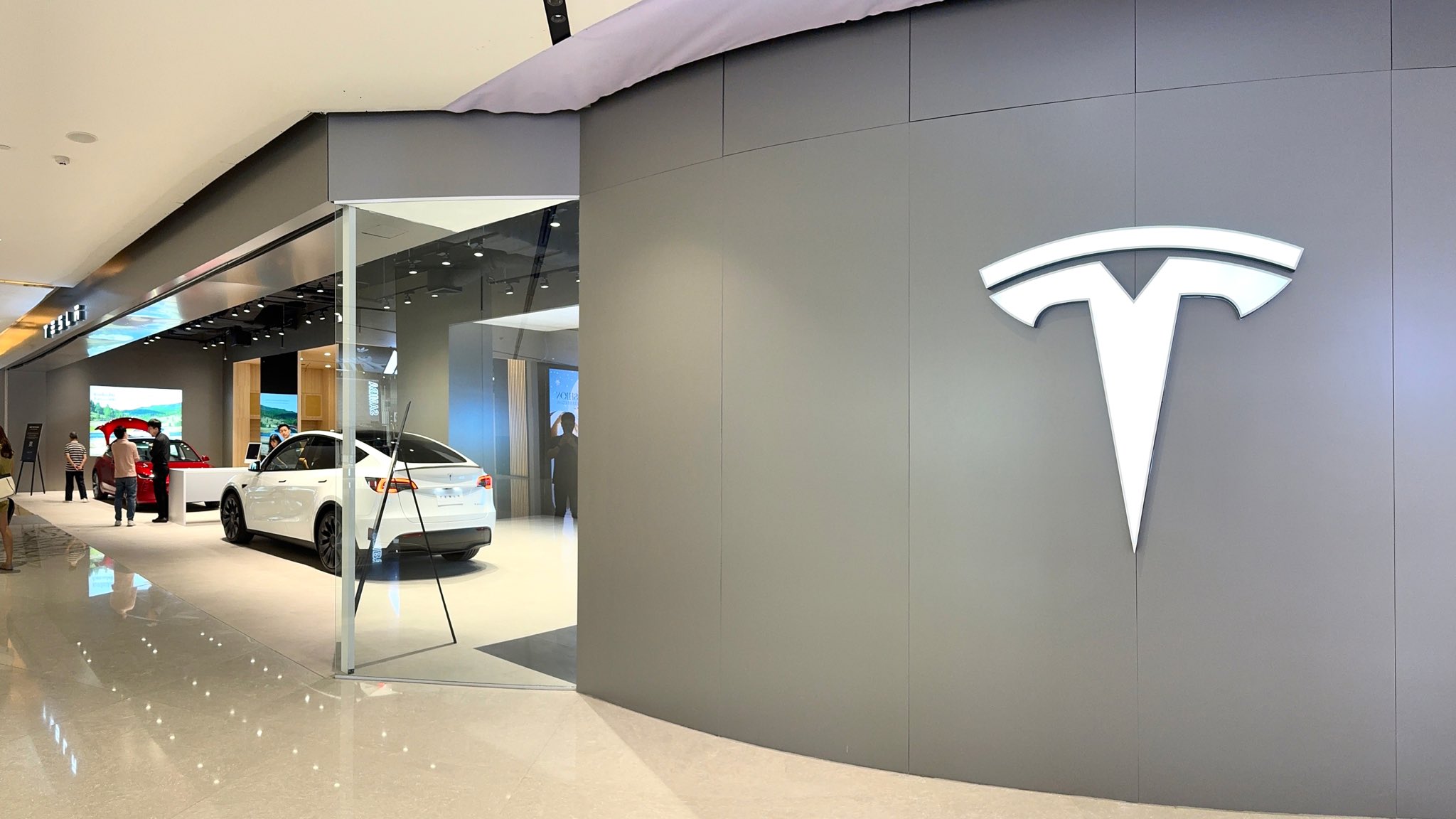
Oregon police are investigating a shooting incident involving a Tesla store.
A Tesla store in Tigard, a city southwest of Portland, was vandalized around 2:00 am on Thursday, March 6.
“The damage was discovered by employees who arrived for work this morning (3/6/25) at the dealership on SW Cascade Avenue. Investigators believe at least 7 shots were fired, damaging 3 cars and shattering windows. One bullet went through an office wall and into a computer monitor. Fortunately, this happened overnight when the property was unoccupied,” stated a Tigard Police report.
Crime scene technicians and investigators are gathering physical and video evidence of the shooting. Tigard Police did not officially announce a motivation for the shooting at the Tesla store. However, they acknowledge that a few Tesla locations have been targeted across Oregon and the nation.
Tesla locations across the United States and abroad have been experiencing attacks recently. Most of the company’s locations experience arson attacks. For instance, in France, around a dozen Tesla vehicles were reportedly torched in a suburb near Toulouse. Meanwhile, in Massachusetts, a few Tesla Superchargers were allegedly set on fire near a shopping center. Tesla protests have also started in various locations.
Police have not provided an official reason or motivation for all the arson attacks and the Oregon shooting because they are still under investigation. However, Elon Musk is definitely at the root of the matter.
Elon Musk has recently found himself the target of plenty of ire in the United States and Europe. Tesla is taking the brunt of all the anger pointed toward Musk.
-
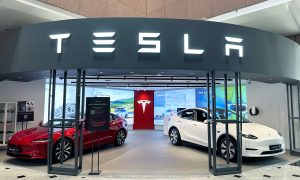
 News3 days ago
News3 days agoTesla at risk of 95% crash, claims billionaire hedge fund manager
-
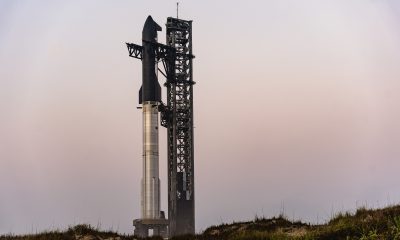
 News5 days ago
News5 days agoSpaceX announces Starship Flight 8’s new target date
-
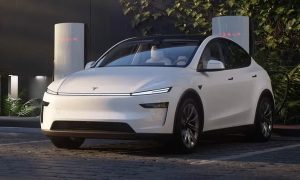
 News3 days ago
News3 days agoTesla contract with Baltimore paused after city ‘decided to go in a different direction’
-
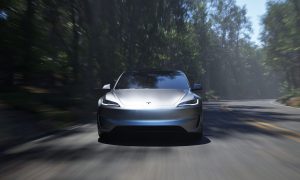
 News6 days ago
News6 days agoTesla launches fresh U.S. promotions for the Model 3
-
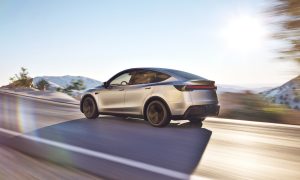
 Elon Musk7 days ago
Elon Musk7 days agoTesla mulls adding a new feature to fight off vandals as anti-Musk protests increase
-
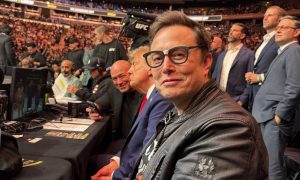
 Elon Musk4 days ago
Elon Musk4 days agoTesla UK sales up over 20% despite Elon Musk backlash
-
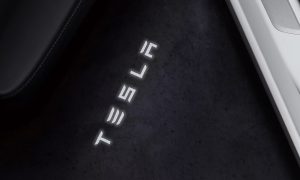
 News5 days ago
News5 days agoOne dozen Teslas burn in arson attack in France, investigation underway
-
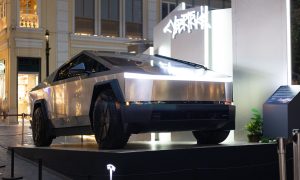
 Lifestyle4 days ago
Lifestyle4 days agoElon Musk seemingly confirms Cybertruck gift to 13-year-old cancer fighter



